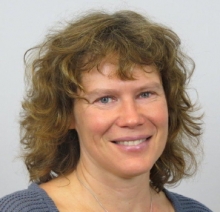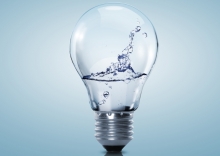- Research
Issue:
Royal HaskoningDHV has agreed a contract with Delft University of Technology under which it gains the patent rights to technologies able to recover biopolymers from wastewater treated using the Nereda process.
Royal HaskoningDHV holds the patent rights to the Nereda process, which produces a fast settling aerobic granular biomass during treatment. It was originally developed by the university. Under the new agreement, Royal HaskoningDHV also acquires the worldwide rights to use patented technologies for extracting biopolymers from the sludge produced at Nereda installations.
The opportunity to recover biopolymers from wastewater represents one aspect of the growing interest in resource recovery as part of a move to a circular economy. According to Royal HaskoningDHV, the biopolymer mix produced by bacteria during Nereda treatment results in a reusable substance that can easily be harvested, with potential economic applications in the paper and textile industries, the agricultural sector, and especially in the development of advanced nanocomposite materials.
In a statement from Royal HaskoningDHV, Karel Luyben, Rector Magnificus at the university, commented: ‘Part of the agreement we signed on 8 December is that Royal HaskoningDHV will fund PhD research for the coming 10 years.’ He added that under the agreement the company also pays the costs of the patents that have been developed, allowing the university to hire another PhD researcher.
Also in the statement, René Noppeney, Global Director of Water Technology Products & Innovation at the company, commented: ‘This contract means that Royal HaskoningDHV not only has the patents for the Nereda technology, but also the patents to extract a valuable new raw material from Nereda process excess sludge.’
Keywords:
- Royal HaskoningDHV, municipal wastewater, resource recovery, Nereda






